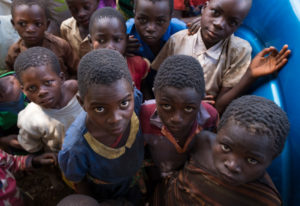The WaterStep team in Nepal has trained over 200 people in water treatment and health education, and they finished out their week by going to do local installations in other earthquake-affected regions of Nepal.
After years of experience in disaster relief, the WaterStep staff redesigned their training programs to deliver greater impact to the areas needing access to safe water and hygiene. Instead of responding to disasters with large teams on the ground, WaterStep realized that they could be more effective by sending a small team to train local non-governmental organizations (NGO’s) in water treatment and health education. Those NGO’s can then use what they’ve learned and take it back to other areas to train even more people, multiplying the effect of WaterStep’s efforts.
At WaterStep, training includes not only water treatement education, but also health education, a critical part of our work. Both pieces come together to promote better health in communities around the world. WaterStep’s disaster relief in Haiti, India, Costa Rica, and the Philippines revealed that health education was crucial to improved health. Our health education teachers walk trainees through basic practices like how to make a hand washing station with common materials, protect homes from flies, prevent common types of parasites from spreading, and treat diarrheal illness in babies, children and adults. Paired with water treatment training, these two strategies can provide long-term solutions for a community.
Our team in Nepal has been encouraged and inspired by the response to their training. Many Nepali people walked and traveled for days over tough terrain to reach the training location. A member of parliament attended the training along with Christians, Buddhists, and Hindus. The diversity of the individuals trained through this trip will not only save lives but help bridge cultural divides. At WaterStep, we believe peace and health can be achieved through water.
WaterStep’s disaster relief work in Nepal will not only address the immediate needs of the earthquake affected people, but it will improve their water access for years to come.
*All photos taken by Philip Andrews
Click to donate to future WaterStep projects and disaster relief efforts.



